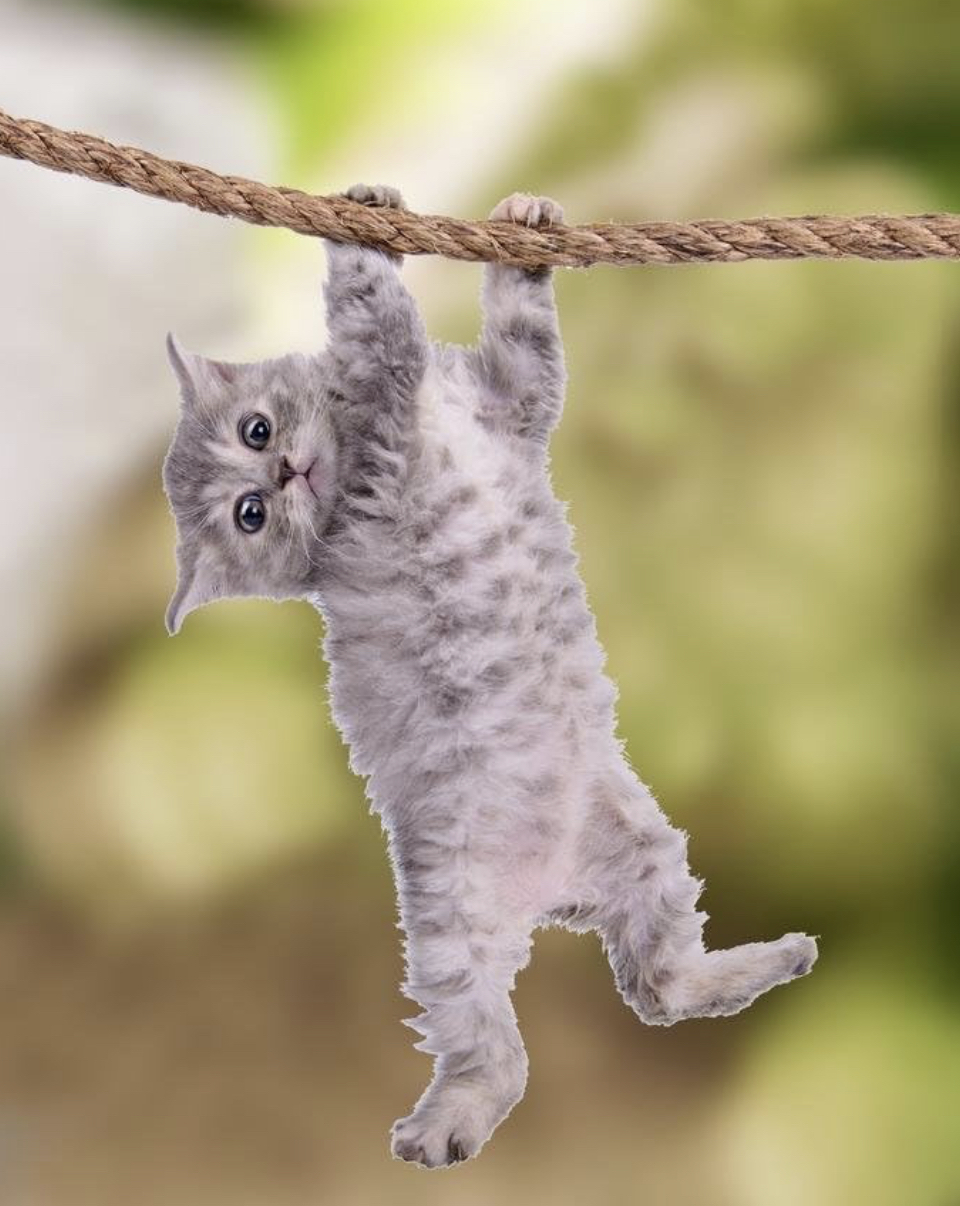python [undecided, they/them]
i think i hauve Covid
- 5 Posts
- 48 Comments

 12·10 months ago
12·10 months agoI mean… I’d prefer to stay away from that whole continent if possible. But if I had to pick, I’d go to whatever town has that Casa Bonita restaurant

 4·10 months ago
4·10 months agoYeah, I only found out about the podcast like a month after making an account here! Listened to a few episodes and it didn’t really get it because it’s a bit too America centric 🤷 Like whenever they talk about US Senators or politicians, I have no idea who those people are.
That recent Jewish Tunnel episode was absolutely amazing tho! I even tried to get my husband to listen to it, cause his Jewish mom gets up to exactly the same kinds of hijinks and schemes.
Beat up a TERF today and let them have that same hospital discharge paper 💅

 49·11 months ago
49·11 months agoBoth my husband and I are children of expats from former Soviet countries. And while I think I’m fairly open to socialist ideas, I do get caught up on the fact that the people among our relatives who are most nostalgic for the Soviet Union are also VERY racist, homophobic, terrible to animals and just generally mean to everyone around them. And their food, in all its hyper-processed mystery meat and mayonnaise glory, kinda sucks.
Any tips for getting over that bias?

 2·11 months ago
2·11 months agoaaaaAAAAAAAAAAAA

 23·11 months ago
23·11 months agoThat study is not saying that you should eat more foods enriched in Taurine, it’s advocating for cooking methods that do not remove the Taurine that naturally occurs in your food. Taurine is very water-soluble. So if you boil chicken, it will leech out.
Grill or pan-fry your chicken instead please…

 2·11 months ago
2·11 months agoyeah…yeah…eat that slop, you filthy consoomer…haha, you like that, don’t you… oink oink haha

 2·11 months ago
2·11 months agothis could have been a screenshot instead of a video

 15·11 months ago
15·11 months agosmh, all those non german speakers throwing around theories. As a native german speaker I can tell you the real reason:
… it just would sound weird without it. 🤷
 4·11 months ago
4·11 months agoI’ve been ruminating on this for a bit (love your other writing btw!) and I think there definitely are good measures of circumstantial evidence that could be used for this!
First - as others have said - preparation for before and after. Butcher tools, different kinds of conservation equipment etc. It wouldn’t exactly fit in a non-anthro situation imo, but there has to be some more natural equivalent, that is probably highly specific to their respective species. What comes to mind first are Shrikes, who impale their prey on sharp thorns or barbed wire. Even having a setup like that close to their living area might be incriminating, and Shrike-specific sub-societies would probably avoid having anything sharp around to begin with just to not seem like they’re up to something.
There definitely would have to be specialists in court that are knowledgeable about predatory behaviors in different species - although, how would you avoid bias, misinformation and just plain ol’ racism? Besides, when your goal is to demonstrate that natural urges can be overcome, it’s a bit counteractive to rely on naturalism just for the case of persecuting the bad guys.
In the same vein, the court could be taking into account whether the victim was of a species that is traditionally seen as prey. A mouse getting preyed on by a cat just sounds a lot more feasible than a cat eating a lion. Although, with Sci-Fi, anything can be possible 🌈 But again, if they’re sentient, the predators would grasp the rules at some point and specifically pick prey that seems unreasonable just in case they get caught.
There could be other common counter indications as well; If the victim is buried for example, or the corpse is disposed of in a way that would make future predation impossible. I imagine that if someone did genuinely commit murder, they’d make sure to drench the victim in acid or some other substance of the sort, just to make sure that they can’t be implicated for predation. Being in possession of such substances for no good reason would make it easy to tell that a murder was premeditated too.
That might not count for species of carrion eaters though. A court could argue that a vulture who buried their victim could still return weeks later and commit predation on the rotten carcass. That again would be a very naturalistic argument for a society that claims to have overcome naturalistic instincts, but it definitely would be interesting to explore as a concept.
You could go a route of psychological plausibility - would a sentient predator really want to see their prey as a person, or would they prefer to mentally unlink and prey on someone they don’t know and can objectify into just being meat? I’d wager the latter would be more common. So if the two involved parties had a history of social interaction, it would make predation less plausible in all but the most fucked up cases. (Those might even involve some messed up form of grooming and social isolation in anticipation of the crime)
Ending on the point of fucked up cases - how would a court deal with a case of a herbivore going specifically against their nature to commit predation? Would the jury be unwilling to prosecute despite overwhelming evidence, just because they’re hung up on it being against natural instincts?
I think you’ve got a very neat system to explore such questions, looking forward to reading more of your writing :)
There also are a lot of tourists coming to the Christmas markets, sometimes from quite far away.
Those people either completely take public transit (they’ll be drinking anyways, so public transit is easier to get back home) or go for the park + ride offers that pop up during that time. It works pretty well.

 4·11 months ago
4·11 months agohttps://zoo.replicate.dev/ used to be a good site for stuff like that (they ran all of the ai image generation models on the same prompt so you could compare) but it seems they’ve removed that feature. You still can generate singular images on their homepage tho

 21·1 year ago
21·1 year agoINTPs be like “I’m rational and logical” but then hang out in the bathroom at 3am while cutting their bangs and shitposting, smh
girlboss 😎👍

 22·1 year ago
22·1 year agoCorrelation ≠ Causation 😤
Every single Computer is haunted by the ghost of Alan Turing, and therefore craves the RGBT lights

 9·1 year ago
9·1 year agoidk about trans characters, but this trans authors early works were gay horny gothic horror novels. Absolutely loved them as an edgy teen

 1·1 year ago
1·1 year agoThat is dangerously shitty shoulder press form. Jesus is gonna have elbow issues, messed up rotator cuffs and underdeveloped scapulas :/

 111·1 year ago
111·1 year agoOh that! Loved that video haha
Your wording made it sound like hbg was the one losing 3 channels, not the one who killed them, so I was confused at first too



maybe